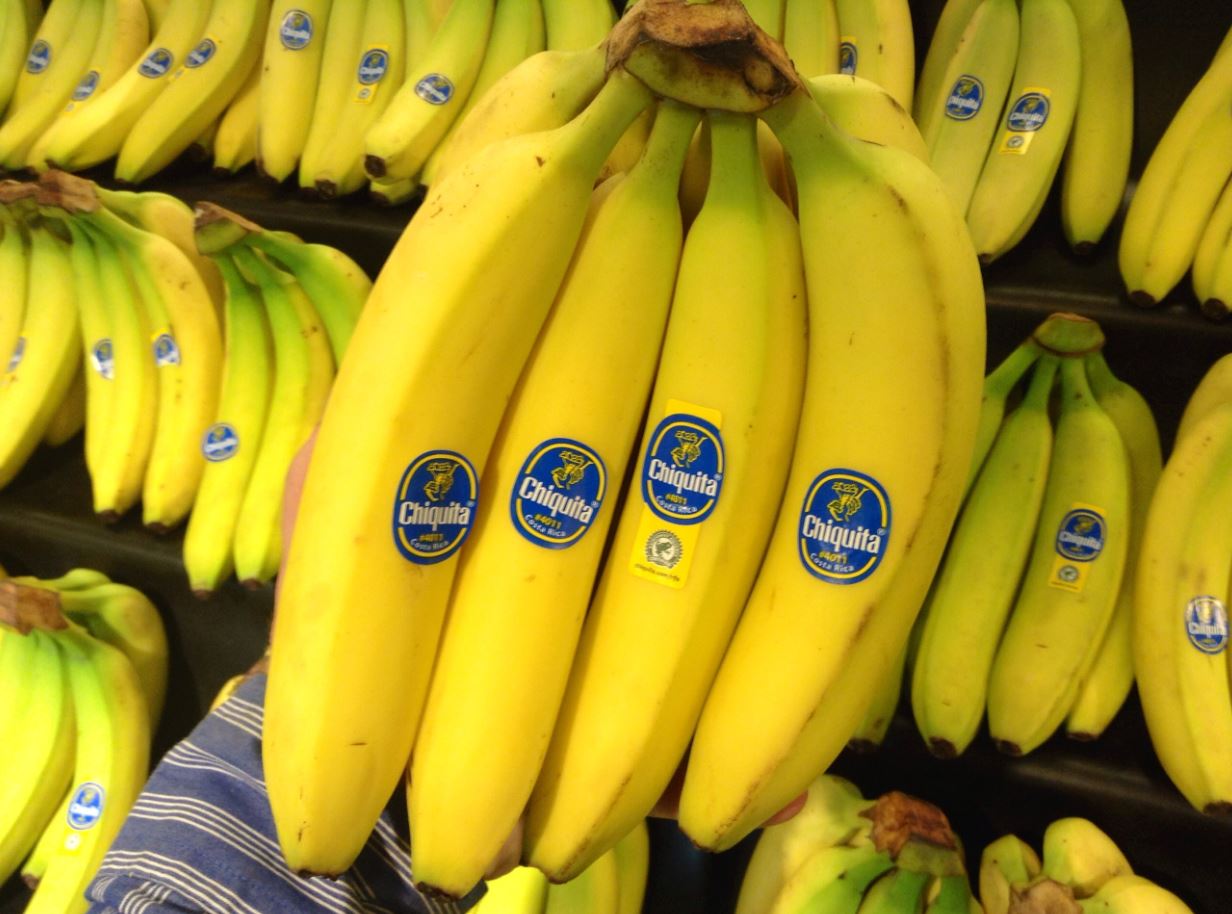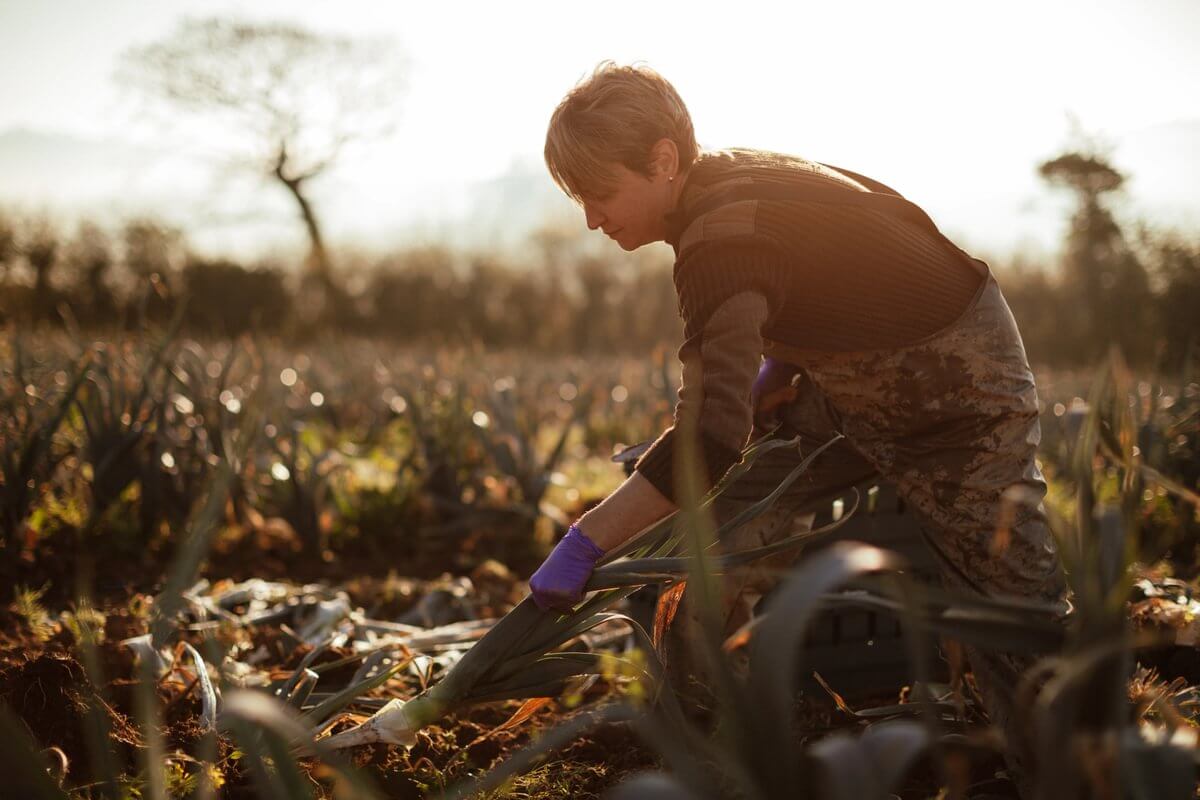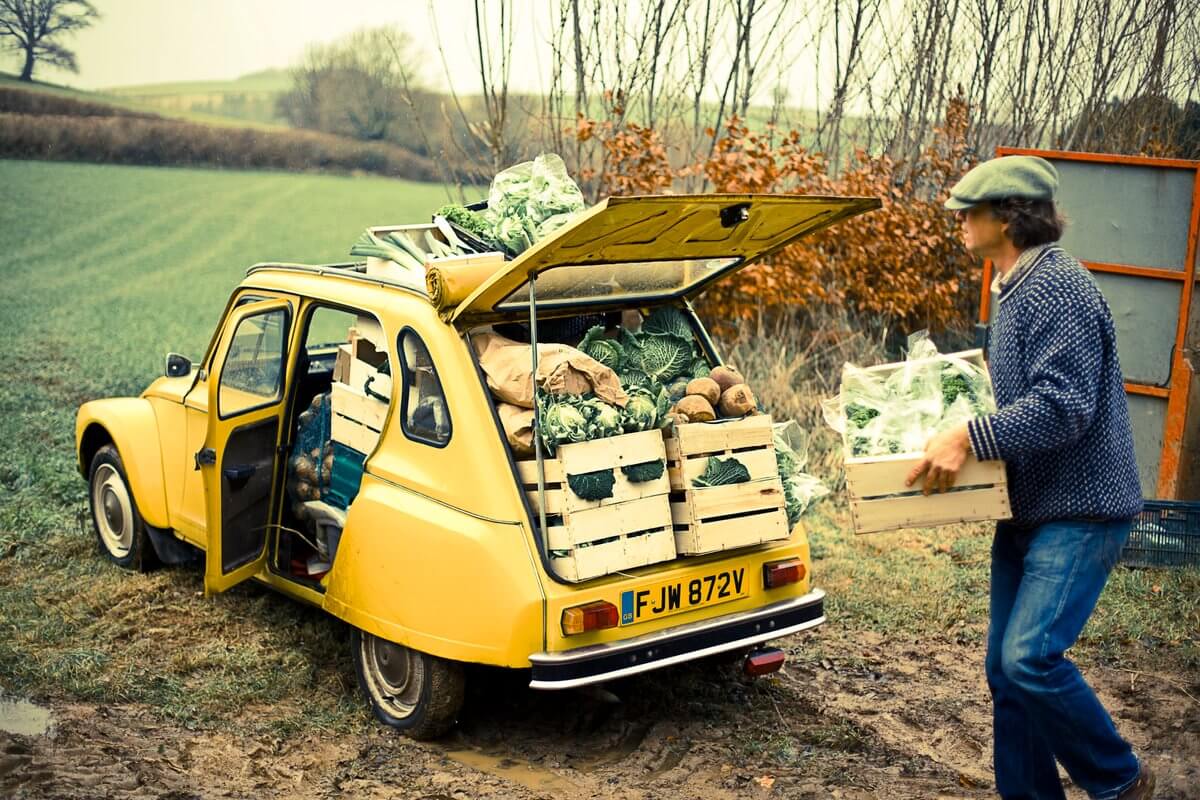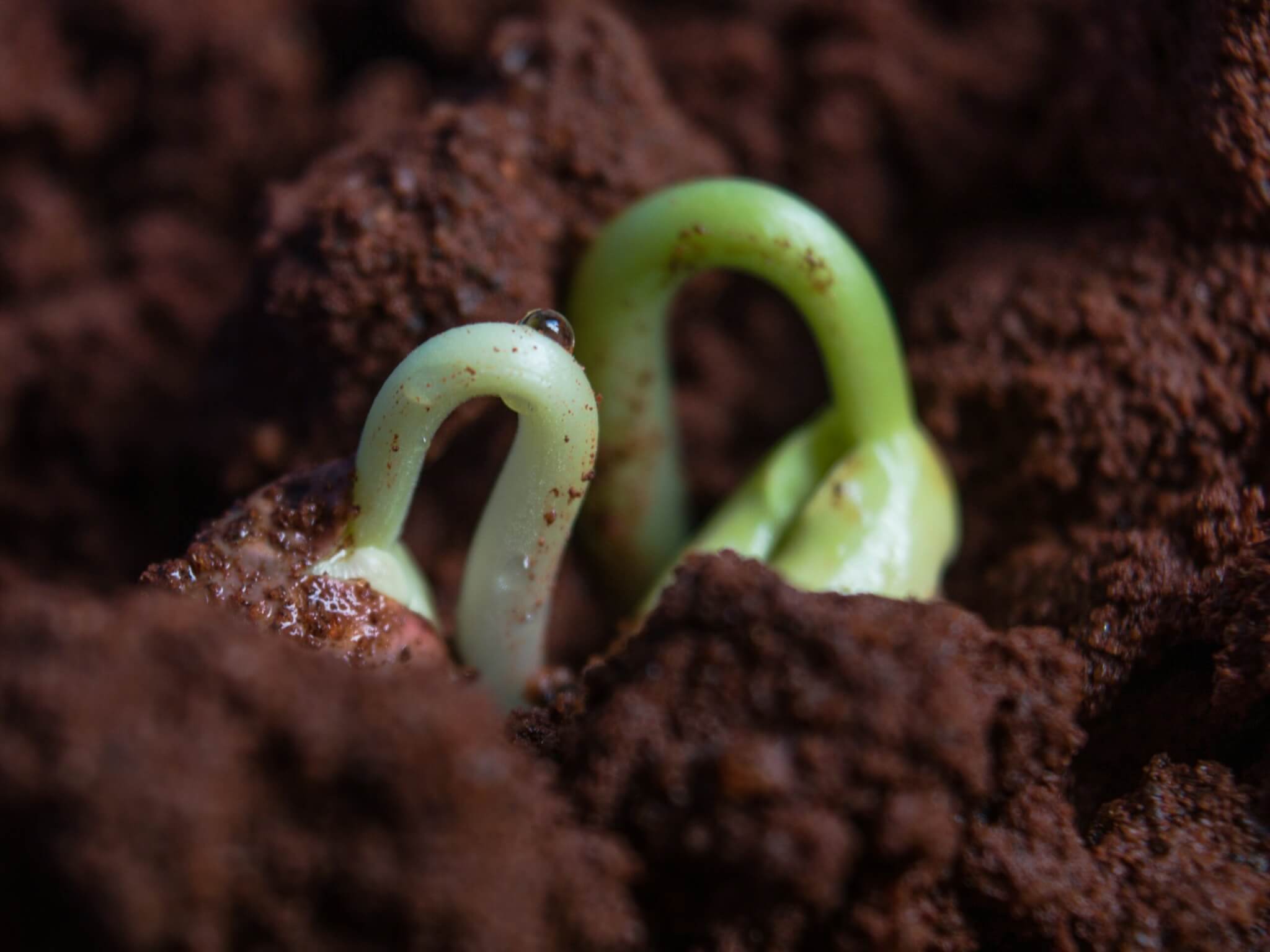This weekend the deputy political editor of the Huffington Post tweeted a quote from a senior Leave politician, who said in an interview that if we leave Brexit without a deal, “we won’t be able to get certain foods like bananas or tomatoes, but it’s not like we won’t be able to eat. And we’ll be leaving at a time when British produce is beginning to come into season so it’s the best possible time to leave.”
There is so much wrong with this message. Firstly, it is the complete opposite of the “best possible time to leave”. The end of March would be the worst possible time to be without European imports. Have they not heard of the hungry gap? This is the hardest time of year for UK farmers, as winter crops have finished but the new season’s plantings aren’t yet ready. The season doesn’t get into full swing until mid to late June.
At Riverford, we have to temporarily stop our UK veg box, because we don’t have eight British vegetables to fill it with. During this period, we are completely reliant on our French farm and our Spanish growers, whose warmer climate farms provide welcome greenery weeks before ours is ready. Secondly, bananas are not grown commercially in Europe, so this point seems irrelevant.

I’m not sure what is more surprising about this quote: the ignorant, blasé tone, or the fact that it highlights just how out of touch those leading our country are with the reality. Perhaps it isn’t a surprise that we, a network of UK farmers, know more about UK food production than politicians, but it doesn’t take much more than a Google search to check facts and soon realise that the supposedly reassuring messages you are putting out there are factually incorrect.
We are spoiled by choice nowadays, and very few people eat a traditionally seasonal diet. It’s possible to argue that no harm would come from not having year-round access to courgettes and tomatoes, but the name ‘the Hungry Gap’ harks back to a time when an empty field really meant going hungry. Traditionally, the gap had to be bridged with a spartan diet of cabbage, old potatoes, and fruits preserved during kinder months. If that’s what we are left with come March 29th, the nation probably won’t go hungry, with plenty of canned and heavily processed food still available, but we certainly won’t be living life on the veg.













0 Comments